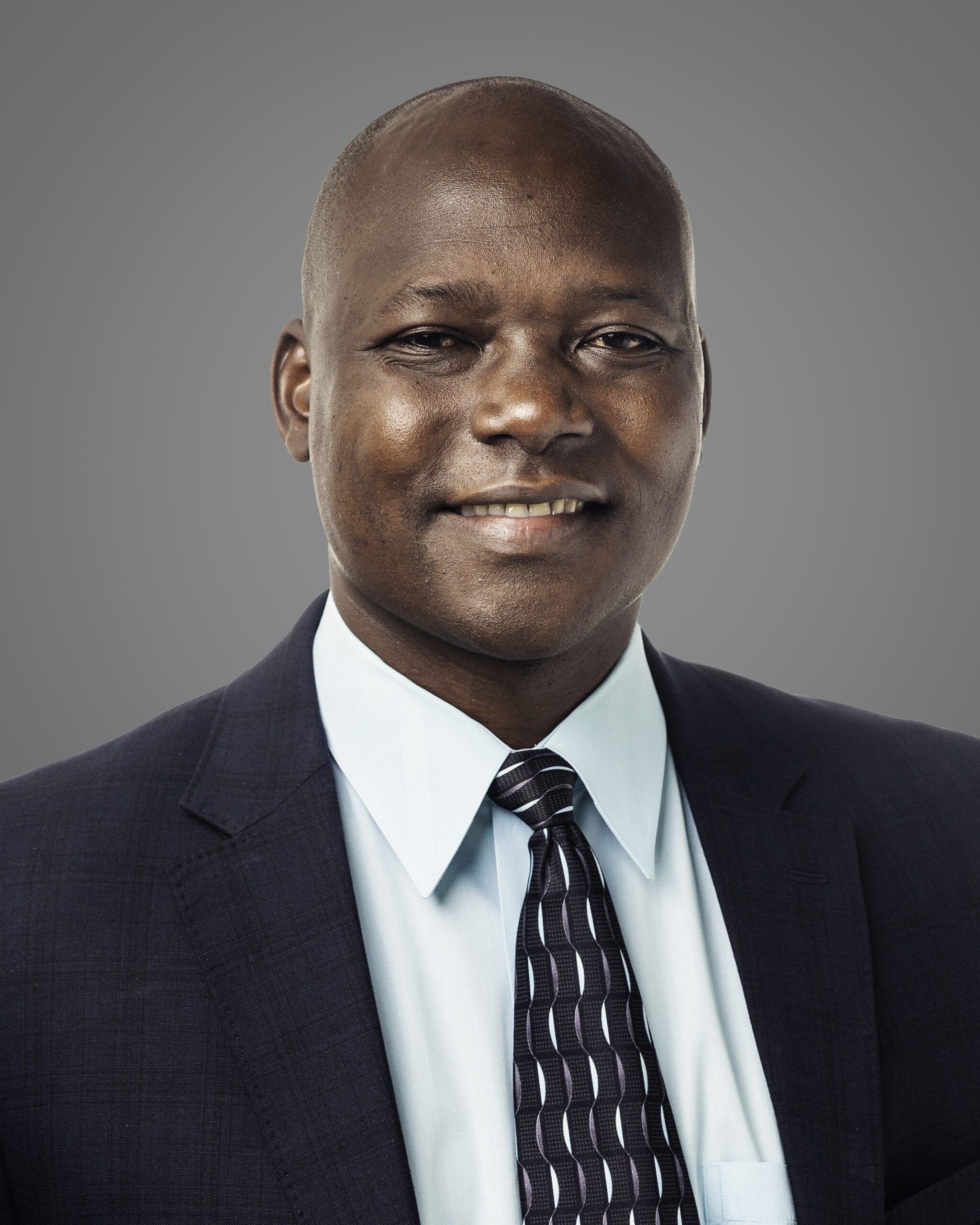Who Is Turkey's Leadership: A Comprehensive Guide
Turkey’s leadership has long been a focal point of global interest due to its strategic geopolitical position and dynamic internal politics. The nation, bridging Europe and Asia, plays a crucial role in regional stability, energy supply chains, and international diplomacy. Understanding Turkey's leadership structure is essential for anyone interested in global affairs or Middle Eastern politics.
From its founding as a republic in 1923 under Mustafa Kemal Atatürk to the modern era, Turkey has undergone significant transformations in its governance and leadership. This article delves into the intricacies of Turkey's leadership, exploring its historical roots, current political figures, and future prospects.
Whether you're a student, researcher, or simply someone curious about Turkey's role on the global stage, this guide provides a detailed examination of the individuals and institutions shaping Turkey's destiny. Let’s dive in and uncover who is Turkey's leadership today.
Read also:Tristan Tate Twitter Unveiling The Rise Of A Digital Phenomenon
Table of Contents
- Biography of Key Leaders
- Turkey's Political Structure
- Current Leadership in Turkey
- Historical Context of Turkey's Leadership
- Economic Policies Under Turkey's Leadership
- Foreign Relations and Diplomacy
- Social Impact of Turkey's Leadership
- Challenges Facing Turkey's Leadership
- Future Prospects for Turkey's Leadership
- Conclusion
Biography of Key Leaders
Biographical Overview of Recep Tayyip Erdoğan
Recep Tayyip Erdoğan, Turkey's current president, is one of the most prominent figures in modern Turkish politics. Born on February 26, 1954, in Kasımpaşa, Istanbul, Erdoğan rose from humble beginnings to become a central player in shaping Turkey's political landscape.
Below is a summary of Erdoğan's key biographical details:
| Full Name | Recep Tayyip Erdoğan |
|---|---|
| Date of Birth | February 26, 1954 |
| Place of Birth | Kasımpaşa, Istanbul, Turkey |
| Political Affiliation | Justice and Development Party (AKP) |
| Position | President of Turkey |
Erdoğan's career began in local politics, serving as the Mayor of Istanbul from 1994 to 1998. His rise to national prominence accelerated with the establishment of the Justice and Development Party (AKP) in 2001, which he led to electoral victories, making him Prime Minister from 2003 to 2014 before assuming the presidency.
Turkey's Political Structure
Understanding Turkey's Leadership Framework
Turkey operates as a presidential republic, where the president holds significant executive power. The country's political structure underwent a major transformation in 2017 when a constitutional referendum shifted it from a parliamentary system to a presidential one.
This change centralized authority in the hands of the president, allowing for more streamlined decision-making but also sparking debates about democratic accountability. Key features of Turkey's leadership framework include:
- Presidency: The president serves as both head of state and government, appointing ministers and issuing decrees.
- Legislature: The Grand National Assembly of Turkey acts as the unicameral parliament, responsible for enacting laws.
- Judiciary: While theoretically independent, concerns persist about its autonomy under the current regime.
Current Leadership in Turkey
Who Shapes Turkey's Governance Today?
In addition to President Erdoğan, several other key figures contribute to Turkey's leadership:
Read also:Wheeling Newsregister Obituaries A Comprehensive Guide To Honoring Lives
- President Recep Tayyip Erdoğan: As the head of state, Erdoğan wields considerable influence over domestic and foreign policy.
- Prime Minister (Vacant): Since the transition to a presidential system, the role of prime minister has been abolished.
- Minister of Foreign Affairs Mevlüt Çavuşoğlu: Oversees Turkey's diplomatic relations and international engagements.
- Minister of Finance and Treasury Nureddin Nebati: Manages economic policies and fiscal matters.
These leaders collectively shape Turkey's direction, balancing domestic priorities with global responsibilities.
Historical Context of Turkey's Leadership
From Atatürk to Erdoğan: A Legacy of Leadership
Turkey's leadership history is deeply rooted in the legacy of Mustafa Kemal Atatürk, the founder of modern Turkey. Atatürk's reforms laid the groundwork for a secular, democratic nation-state, emphasizing education, modernization, and national unity.
Over the decades, Turkey's leadership has evolved, with various parties and figures influencing its trajectory. The transition from a single-party state to a multi-party democracy in the mid-20th century marked a significant turning point. Today, Turkey's leadership continues to grapple with balancing tradition and modernity, secularism and religiosity, and regional and global interests.
Economic Policies Under Turkey's Leadership
Driving Growth and Stability
Turkey's leadership has prioritized economic development as a cornerstone of its governance. Under Erdoğan's tenure, the country has pursued ambitious infrastructure projects, such as the Istanbul Canal and the TurkStream pipeline, aiming to position Turkey as a regional economic hub.
However, challenges remain, including inflation, currency fluctuations, and external economic pressures. Despite these hurdles, Turkey's leadership remains committed to fostering a resilient and competitive economy.
Foreign Relations and Diplomacy
Turkey's Role in Global Affairs
Turkey's leadership plays a pivotal role in international diplomacy, leveraging its strategic location to mediate conflicts and foster cooperation. Key relationships include:
- NATO Membership: Turkey is a vital member of NATO, contributing to collective defense and security.
- EU Aspirations: While accession talks have stalled, Turkey maintains strong ties with the European Union.
- Regional Influence: Turkey actively engages with neighbors in the Middle East, Caucasus, and Balkans, promoting stability and development.
Through its foreign policy, Turkey's leadership seeks to enhance its global standing while addressing regional challenges.
Social Impact of Turkey's Leadership
Addressing Societal Needs
Turkey's leadership has implemented various initiatives to address social issues, including education, healthcare, and welfare. Investments in public infrastructure and services aim to improve quality of life for citizens.
Nevertheless, critics argue that certain policies may suppress dissent and limit freedoms. Balancing progress with inclusivity remains a critical challenge for Turkey's leadership.
Challenges Facing Turkey's Leadership
Navigating Complex Issues
Turkey's leadership confronts numerous challenges, both domestic and international:
- Economic Instability: Managing inflation and ensuring sustainable growth.
- Security Concerns: Addressing terrorism and regional conflicts.
- Democratic Governance: Strengthening institutions and protecting civil liberties.
Overcoming these challenges requires innovative solutions and collaborative efforts.
Future Prospects for Turkey's Leadership
A Vision for Tomorrow
Looking ahead, Turkey's leadership aims to build on past achievements while addressing current challenges. Key priorities include:
- Enhancing economic competitiveness and innovation.
- Strengthening regional partnerships and diplomatic engagement.
- Promoting social cohesion and inclusive development.
By pursuing these goals, Turkey's leadership seeks to secure a prosperous and stable future for its citizens.
Conclusion
Turkey's leadership plays a vital role in shaping the nation's destiny and influencing global affairs. From its rich historical roots to its dynamic present, Turkey's leadership continues to evolve, addressing complex challenges and seizing opportunities for growth.
We invite you to engage with this content by sharing your thoughts in the comments section or exploring other articles on our site. Together, let's deepen our understanding of Turkey's leadership and its impact on the world.
For further reading, consult authoritative sources such as the BBC, Reuters, and United Nations for up-to-date information on Turkey's leadership and global developments.


